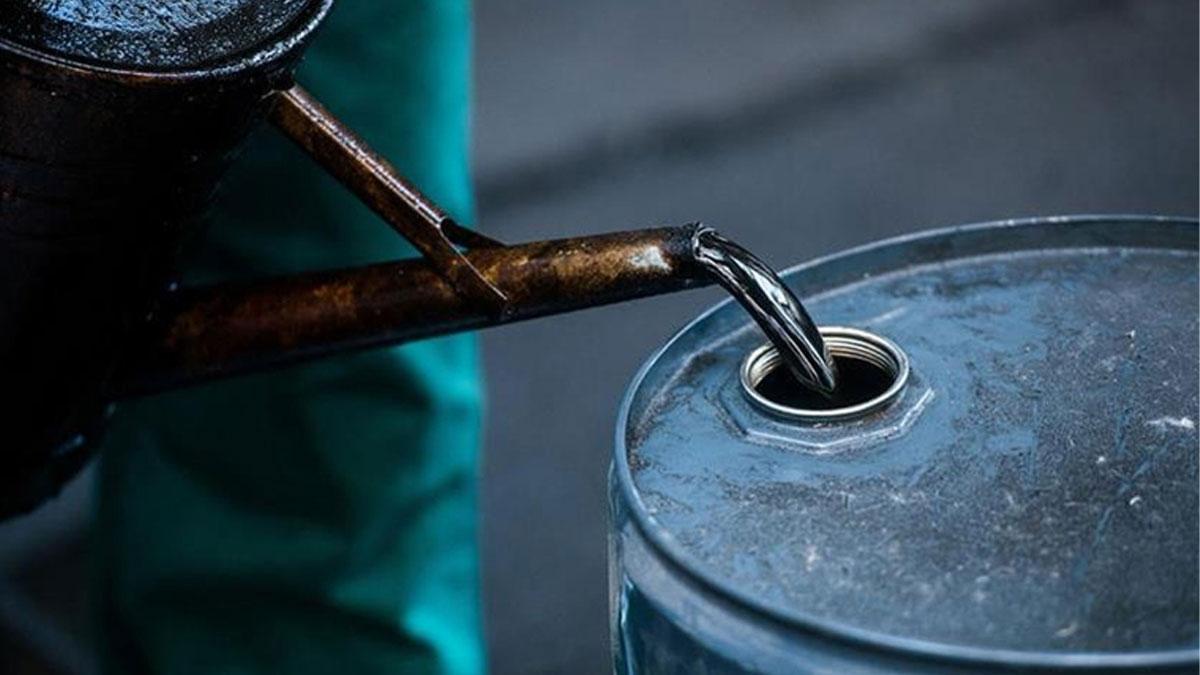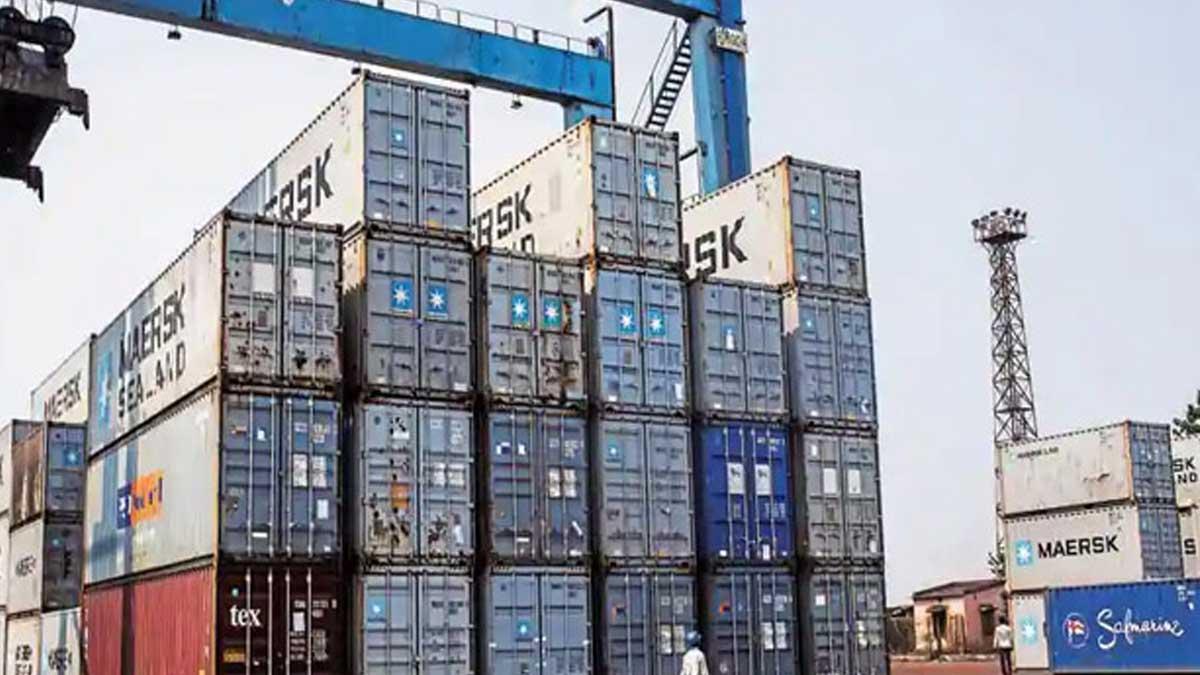During the first 11 months of the fiscal year 2022–2023 India saved approximately $7.9 billion on its oil import bill thanks to its strategy of sticking with its cheap oil purchases from Russia in spite of Western pressure to stop doing so. This move also helped the country reduce its current account deficit.
With Prime Minister Narendra Modi at the helm of the country, the Indian government never seemed to give an inch regarding the latter's bilateral relationship with Russia with the imposition of sanctions on Russia by the Western countries.
Recent data released by trade tracking agencies Kpler and LSEG showed that in April of this year, India increased its import of Russian oil while cutting back on purchases from Iraq and Saudi Arabia compared to the previous month. The rise in imports during April stood at 13% to 17%.
In April, Russia still dominated India's oil supply, but the imports from Iraq and Saudi Arabia were close, data showed.
The import from Iraq saw a noticeable decline of 20% to 23%, the same data showed.
The global price of oil was kept stable with the help of India, which is the third-largest crude oil importer by buying a lot of Russian oil. This helped India as well in keeping its oil prices reasonable.
According to ministry data, a substantial increase in the share of crude petroleum imports from Russia has been found from 2% in FY2022 to 36% in the first 11 months of FY2024, whereas imports from West Asian countries (Saudi Arabia, UAE, and Kuwait) decreased from 34% to 23%.
India's current account deficit (CAD)/GDP ratio was compressed by 15–22 basis points in FY2023–24, according to ICRA, which also estimates that this resulted in savings of $5.1 billion in FY 2023 and $7.9 billion in 11 months of FY 2024.
A $10 per barrel increase in the average price of crude oil for the fiscal year, according to ICRA's estimations, would result in an increase in net oil imports of about $12–13 billion, or 0.3% of GDP. Consequently, the present estimate of 1.2% of GDP for FY 2023–2024 is projected to widen to 1.5% of GDP if the average price of crude oil increases to $95 per barrel in FY2025.
Read also | April Sees Record-Breaking GST Collection of Rs 2.1 Lakh Crore
Read also | Adani Ports & SEZ Attains AAA Rating Milestone, Pioneering Industry Standards


















